From Factory to Foot: What Makes UK-Made Socks Unique?
Key Takeaways
-
UK made socks are produced with only the highest quality, ethically sourced yarns and are subject to rigorous production standards for maximum comfort and durability.
-
Heritage upheld by artisanship, stringent quality control processes combine traditional practice with modern technology to produce dependable products time and time again.
-
Ethical production emphasises things like fair pay and safe working conditions and supporting local economies meaning that you’re creating a positive impact on communities and responsible consumerism.
-
By embracing sustainable materials and processes, UK-made socks minimise environmental impact through renewable resources, recycling initiatives, and lower carbon footprints from shorter transport distances.
-
Choosing higher-end socks over low-end ones gives you more comfort, longer lifespans, and better value-for-money over time, all of which is good for both your health and your wallet.
-
Stick to sensible laundering at the instructed temperatures and repair them when required, and you’ll unnecessarily prolong the life of your socks and reduce waste even more.

UK made socks come with advantages like excellent build quality, rigid production standards and durability. UK-made factories these days tend to stick with natural fibres (such as cotton and wool), which allow feet to breathe and reduce odour. Most British makers adhere to fair labour laws and prioritize safe working environments. Fast domestic delivery = Less waiting + Less CO2! Pure material traceability means customers can see where each piece is sourced from. Simple designs and robust seams lead to fewer snags and longer wear life. To demonstrate the tangible value of UK made socks, the next section will dissect these points.
Why Choose Locally Manufactured Socks?
British manufactured socks combine ethical production, the finest materials like organic cotton socks, and age-old craftsmanship. These socks are special because of the quality of the cotton fibres, the stewardship to people and planet, and the tie to local craft.

-
Use of premium materials from local suppliers
-
Fair wages and safe conditions for workers
-
Strict adherence to ethical standards
-
Reduced carbon footprint with shorter supply chains
-
Support for community and local economy
-
Lower textile waste due to improved logistics
-
Greater transparency in sourcing and production
1. Superior Materials
That’s why local sockmakers rely on natural cotton and wool for a softer feel, superior airflow and reduced skin irritability. These fabrics ensure feet remain dry and protected in both warm and cold environments.
Most British-made socks utilise hypoallergenic mixes, that benefit allergy sufferers or those with skin conditions. These blends reduce itchiness and rashes, making them perfect for everyday wear and medical environments.
Hardwearing fabrics are a priority, too. Socks made with durable yarns will wear well, defy holes, and survive repeated washing. Locally manufactured socks help sustainable fibres, like organic cotton or recycled yarns, and reduce environmental damage while providing the socks with robustness.
2. Unmatched Craftsmanship
UK sock making is an age-old craft based on inherited skills. Makers employ traditional knitting techniques, putting their own twist on every pair, which distinguishes them from factory-made socks.
Local craftsmen hold genuine pride in their product. Every aspect, from the heel shaping to the toe joining, counts. It shows in the evenness of the stitches, the neat seams and the way the socks hold their shape.
British-made sock production connects customers to a storied history. The history behind every pair is one of tradition and craftsmanship, so the socks are not just a product but a connection to heritage.
3. Rigorous Quality
Every aspect of making UK socks involves checks. Makers marry up-to-the-minute machines with hand-finishing to maintain quality and catch imperfections early.
Socks are tested for fit and wear before vacating the workshop. This means fewer returns, less waste, and more trust from consumers. Customers receive transparent details about the sourcing of materials and production processes, instilling additional confidence.
4. Ethical Production
Local sourcing supports jobs and skills within the UK.
Socks are made under fair working rules.
Brands that truly care about the people and the planet emerge.
Shorter supply chains mean less harm to nature.
5. Sustainable Focus
Plenty of local makers reduce production waste, for example, reusing yarn trimmings.
They use renewable materials like bamboo or even recycled polyester to create socks that last.
Others, for example, recycle old socks, keeping textiles from landfill.
Eco-friendly socks let humans walk lightly on the planet.
The Feel of British Sock Craftsmanship
British sock craftsmanship is defined by a blend of comfort, durability, and considered style, particularly evident in their use of natural fibres like organic cotton and wool. These materials, known for their unparalleled softness and breathability, meet international standards for longevity. Such meticulous detail, from hand-knitting to regional patterns, distinguishes these cotton socks for both everyday foot health and special occasions.
Healthier Feet
Natural fibres like wool and cotton make your feet breathe in all that clamminess and keep them cool and dry. These fibres, present in most British socks, slash sweating and lessen the chance of skin irritation for users in any weather.
For diabetics and arthritis sufferers, British brands provide socks with smooth seams and soft-elastic tops. They lessen pressure points and friction. Some lines even feature super-wide fits or compression-free options to lessen swelling and increase comfort.
Moisture management’s essential to foot health. British socks wick moisture away from the skin, preventing fungal infections and foot odour. It’s particularly beneficial for those who are on their feet for long periods – walking or stood around.
Cushioning, either at the heel or across the sole, is equally a boon. Additional padding absorbs shock and offers support, so these are ideal socks for anyone with touchy feet.
Lasting Durability
Luxurious long-staple cotton and robust wool mean British socks stand the test of time. These outperform many mass-produced pairs in terms of withstanding hot washes and daily wear.
While they may cost a little more, well-crafted socks last well, meaning they need replacing less often. This saves pound and reduces waste in the long run.
Good British socks hold their shape and softness after multiple washes. They don’t sag or bunch – a trustworthy wardrobe staple.
There are designs for hiking, running, business and leisure. Specialist activity socks use chunky yarn, additional reinforcement at the toe and heel, and snug ribbing at the cuff. This keeps the sock in place and active customers happy.
Purposeful Design
Most British socks feature arresting patterns or classic designs. Beyond aesthetics, the design frequently fuses both form and function. Travel socks, for instance, might have graduated compression to aid circulation.

Things like cushioned soles and seamless toes are the norm in modern designs. These details help reduce blister risk and provide comfort for long days on your feet.
Others concentrate on ergonomic shapes, such as arch support bands or contoured fits. They help the sock to shift with the foot, making them more comfortable for sports or a commute.
Style is personal, after all. From timeless plains to daring prints, British socks allow you to coordinate your style without sacrificing comfort and craftsmanship.
Sustainability and Regional Craft
Eco-friendly materials and slow production techniques are the hallmarks of British sock-making these days. Hand-knitted pairs, while less common, provide an unparalleled personal touch.
British regional makers bring in singular techniques – Scottish argyle patterns, Yorkshire-spun wool blends.
Hardwearing and loose-looped yarn leads to less socks-binned, which is kinder to the planet.
Some craftspeople incorporate recycled raw materials, reducing their carbon footprint even more.
Beyond the Threads
More than just textile, socks made from organic cotton and other natural fibres have a social and economic significance. They embody legacy, locality, as well as the deliberate decisions we as consumers make. The tale of socks dates back to ancient Egypt and Greece as early as the 8th century BC, when they were crafted from cotton fibres. Over the centuries, socks have broadcast social status and influenced cultural mores. Choosing quality walking socks today is more than a fashion sentiment – it is a choice that can affect local economies, environmentalism, and craftsmanship.
Supporting Communities
Shopping with local makers means your money supports neighbours, and creates authentic connections. Local sock businesses frequently support local charities, manage social projects or donate a portion of their profits to causes that matter in their community.
By opting for locally made socks you breathe life into age-old techniques. Most British brands teach a new team member how to execute hand-linked toe seams or an unusual knit. It halts the passing down of craft over generations. It means your purchase has a ripple effect supporting jobs, workshops and the social fabric of the community. Giving-back brands, such as those who sponsor school programmes or partner with shelters, definitely leave a visible social footprint. These actions demonstrate that socks can be more than just a simple thing hanging about in your drawer – they can embody collective progress.
Reducing Footprints
Local socks reduced the need for long shipping trips, so less fuel and lower carbon footprint. When socks are produced and sold in the same country, the trip from factory to your doorstep is far shorter. This reduces the environmental price of global shipping, which is one of the world’s largest sources of emissions.
Certain UK brands use green energy in their mills or select recycled yarns, rendering the process cleaner. Eco-friendly dyes and water-saving machines are used at many workshops. If you give a sh*t about the planet, checking a brand’s footprint makes sense. Every pair of environmentally made socks counts, and the decision to shop local can be a little but genuine step in the right direction.
Little decisions count. Every purchase makes the world a little different.
Preserving Heritage
Socks have been a part of British existence for centuries, with many opting for organic cotton socks due to their comfort and health benefits. The UK has a long history of textile making, from silk and wool socks in the 18th century – once the preserve of the rich – to the mass market post-Industrial Revolution. Vintage machines or hand-finishing are still employed by many heritage brands, preserving skills that would otherwise be lost.
Old-school techniques, such as hand-linking and pattern knitting, are still prevalent among UK workshops. These methods not only confer elite quality but also link the product to a glorious heritage. Holding on to such crafts in a fast fashion world is important to those of us who love history and wish to retain a connection to it, especially when choosing socks that prioritize foot hygiene.
Heritage brands take pride in their roots, sharing tales of their founders or centuries-old mills. This adds extra meaning to every pair you wear, making the experience of wearing cotton socks even more special.
In a world where everything is produced so far from home, maintaining local crafts is a genuine labor of love, reinforcing the value of top quality walking socks made with care.
Social Implications
Buying local means jobs stay in the region.
Every purchase supports more than one worker.
It helps keep skills alive.
It shows you care.
A Sock for Every Step
Socks have been an intrinsic part of our culture and clothing for centuries, evolving with our lives, climates, and technology. Today, British-made socks, including organic cotton socks and cotton socks, represent a confluence of tradition, innovation, and taste, offering options for everyday foot health and comfort.
The Everyday Essential
-
Soft, breathable natural fibres (cotton, wool, bamboo)
-
Seamless toe construction to reduce friction
-
Reinforced heel and toe for durability
-
Elasticated cuffs to stay in place all day
-
Machine washable and quick to dry
Ideal as an everyday sock, it’s both functional and stylish. Made for busy lives, these cotton socks will work with trainers, boots, or smart shoes, perfect for the office, uni, or everyday wear. Material quality counts – cotton and bamboo mixes provide unparalleled softness and breathability, keeping feet comfortable even when temperatures fluctuate. Buying yourself some staple multipack cotton socks will mean less frequent replacements and a more sustainable wardrobe. Well-made socks not only wear better, but they also keep their shape and color and can add that extra something to any outfit without distracting from the overall look.
The Performance Partner
For runners, cyclists, hikers and trainers alike, socks are more than a simple piece of clothing. Performance socks are just that – performance. They utilise high-tech fabrics and construction to wick moisture, support arches and cushion impact. Moisture-wicking fibres draw sweat away, helping to prevent blisters and discomfort during vigorous activity. Cushioned soles and targeted compression zones offer support where it’s needed most, enhancing healthy foot mechanics and curbing fatigue.
The right sock can influence sporting results. For instance, runners might prefer light, breathable socks with mesh panels for ventilation, while hikers seek out thicker, wool-blend socks for warmth and padding. Picking socks for each activity you do keeps your feet healthy and aids performance – an intelligent addition to any kit bag.
The Comfort Seeker
Luxury socks are intended for relaxation, fusing sumptuous fabrics with smart design for ultimate comfort. Perfect for evenings in, lazy weekends or even sleepwear. Fabrics such as merino wool or combed cotton hug the foot in plushness, pampering weary feet and regulating temperature.
The perfect pair of lounge socks could heighten the relaxation. Slightly thicker fibres retain heat in winter, while soft, fine fabrics will let your feet breathe when temperatures rise. Sumptuous knits and delicate elastic makes for a snug but not restrictive fit, meaning they’re your slippers of choice for home comfort and self-care routines.
The Style Statement
Socks have become a statement of identity, with bright colors and quirky designs exploding in popularity around the globe. Choosing socks like organic cotton socks or bamboo socks can add both comfort and style. This change is cultural, with particular styles of sock attached to subcultures or movements. Having a variety of styles allows people to tailor their appearance from subtle to statement without compromise.
The True Cost of a Pair
Finding the true cost of UK-made socks isn’t just about the price; it also involves considering the materials, like organic cotton socks and bamboo socks, their durability, and the environmental benefits of each pair. The upfront outlay can be greater, but the long-term payoff can be huge versus cheaper options.
Price vs. Value
Quality socks, such as organic cotton socks, typically employ high-quality materials like wool or hemp, which are more durable and feel nicer on the skin. In contrast, lower-priced options often rely on synthetic fibers that fade quickly, stretch, and lose shape after just a few washes. These lower-quality socks are frequently crafted with less care, leading to loose seams and a poor fit, causing discomfort on long days. Investing in quality cotton socks means fewer replacements and less waste, all while enhancing comfort.
Paying for quality socks means fewer replacements, less waste, and more comfort. A natural-fibre sock, for example, will wick moisture, fight odour, and keep your feet warm or cool depending on the season. That means the wearer remains comfy whether in a business meeting or a full day on their feet. It’s obvious when you compare a UK-made wool sock to a polyester fast-fashion counterpart – one can last you years, the other you might throw out after a season.
Ultimately, the decision to invest in quality socks rather than repeatedly purchasing cheaper alternatives leads to less landfill waste and greater satisfaction with each wear. Choosing socks made from organic cotton not only benefits your feet but also contributes positively to the environment.
|
|
Quality Socks (UK-Made) |
Cheaper Alternatives |
|---|---|---|
|
Average Price |
£10–£15 |
£2–£4 |
|
Lifespan |
2–4 years |
6–12 months |
|
Main Fibre |
Wool/Cotton/Hemp |
Synthetic |
|
Comfort |
High |
Low–Medium |
Cost Per Wear
The cost-per-wear model helps clarify what a pair really offers. Divide the price by the number of wears and you find out how longer-lasting socks actually go for less per wear. So a £12 pair worn 100 times costs 12p per wear, a £3 pair worn 15 times, 20p.
Durable socks = More wear, less replacement. That equates to less money spent in the long run and less environmental impact from less production and waste. Every phase of the sock’s life – from sourcing material through to transport, use and disposal – contributes to its impact, that’s why less and better is more important.
Opting for socks that can be worn in varying contexts – work, leisure, sport – increases their worth too. Flexible colours and shapes result in even more wears, dramatically reducing the true cost per wear.
|
Type |
Price |
Lifespan (wears) |
Cost Per Wear |
|---|---|---|---|
|
UK Wool Socks |
£12 |
120 |
£0.10 |
|
Cheap Synthetic |
£3 |
15 |
£0.20 |
|
Recycled Polyester |
£8 |
80 |
£0.10 |
An Investment
Seeing socks as wellness investments alters the buying perspective. Premium socks promote foot health – especially for people who are on their feet all day, runners, or those with medical needs such as diabetes or sensitive skin. Natural fibres such as hemp and wool breathe and mitigate odour, as well as being less harmful to the planet.
Made with recycled materials, socks use less energy – up to half that of virgin polyester – and contribute to cutting the 860 million tonnes of clothing-related carbon emissions every year. Hemp socks require less water and have half the carbon footprint, so they’re a smart option for green-fingered shoppers.
The right socks help boost comfort and confidence, for the daily commute, sport or work. Good socks are about more than just the feet and the daily wear and tear, and the anxiety of constantly replacing them.
Making Smart Choices
Choosing quality over quantity saves money and resources.
The best socks combine comfort, durability, and low impact.
Versatile socks mean fewer purchases.
Spending more upfront can equate to less waste and greater comfort.
Caring for Your Investment
The correct care routine for British-made socks isn’t just cleaning! It’s about ensuring every pair, especially the ones made from natural fibres or organic cotton socks, endures for as long as possible in fit and feel. A good pair of socks is money well spent. With just a bit of consideration, they can remain supple and hold their form for years.
Correct washing is paramount to sock maintenance. Most British-made socks are labelled with instructions on the best way to clean them. Always search out these care tags! Turn socks inside out and wash at a low temperature (30°C is ideal) to reduce shrinkage, particularly for cotton socks or wool pairs. Hot water can tighten fibres, potentially shrinking the sock and making it less comfy. Mild detergents are better, as strong chemicals will break down the threads and fade colours. Hand-washing (carefully) is tedious but effective for socks with delicate weaves or high-quality wool. Air dry socks flat on a towel instead of over a radiator, as this maintains their shape and prevents fibres from stretching. Avoid tumble drying wherever possible, as heat can ruin the integrity of both natural and recycled fibres.
Caring for them is essential to maintaining the quality of your socks. Marketers love to brag about “better materials”, but the nicest socks will get ruined very quickly if you’re washing them incorrectly. Merino wool socks are breathable and will keep your feet regulated throughout the day, but require delicate washing (no bleach!). Socks knitted from recycled yarns require similar treatment, as the blends can be more delicate to hot temperatures and abrasive cycles. Follow the care rules and you keep the fabric strong, the colours bright. That translates into less need to purchase replacements, saving on cost and waste.
Darning (the repair of socks) is a dying art but one worth learning. Instead of throwing out a pair with a tiny hole, use matching thread to sew it. That keeps the sock in play and out of landfill. With millions of socks discarded annually, learning to repair prevents waste and is kind to the environment. A few brands even operate take-back or recycling schemes, allowing you to send in old socks to be reused. Choosing multipack cotton socks helps to advocate for circularity in textiles.
How you store socks matters. Fold socks flat and store in a dry drawer (out of the sun). Don’t ball them up, as this stretches the cuff and weakens the elastic. Well-coiffed socks hold their figure and remain in use for longer. This straightforward habit makes it simpler to locate a matching pair each morning.
Sock Geeks & UK Craft: From Mill to Mailbox
At Sock Geeks, we champion British manufacturing from fibre to finish. Our UK-made collections are knitted in small batches using premium organic cotton and fine wool blends, then hand-finished for comfort (think seamless toes, secure cuffs, and lasting shape). By sourcing responsibly, producing locally, and shipping quickly across the UK, we keep our footprint low and our quality high so you feel the difference with every wear, whether it’s your daily crew, a performance pair, or a gift subscription tailored to someone’s style.
Conclusion
Choosing UK made socks is choosing skilled work and robust quality controls. They are all soft, -sopped, tight seam’d and good breathed’. Crafted with care and fine yarn by makers. Homegrown socks are hard-wearing and fit all styles of foot. Good socks aid skin and maintain toes comfy year-round. Treat properly they retain shape and colour. Socks from UK manufacturers don’t just fit. They demonstrate outdated methods and close-to-home arrogance. To discover the collection, browse small makers and shops online or on your high street. To ensure you have the right pair, request samples or seek reviews. Give them a whirl for your next stroll.
Frequently Asked Questions
What are the main benefits of UK-made socks?
UK-made socks, such as organic cotton socks, tend to use very high-quality materials and craftsmanship, ensuring good foot health and supporting local jobs and industries.
How does British sock craftsmanship differ from mass-produced socks?
UK based sock brands emphasize the detail and the quality of their cotton socks. Made in the UK, each pair is hand-finished, providing superior fit, longevity, and comfort compared to most mass-produced alternatives.
Are locally manufactured socks better for the environment?
Indeed, locally made cotton socks tend to equate to lower transport emissions and tighter quality controls, with British socks often crafted from sustainable materials and ethical practices.
Is there a wide variety of UK-made socks available?
There’s a huge selection of UK made cotton socks for all purposes, from casual organic cotton socks to athletic and smart styles, featuring various styles and fabrics.
Do UK-made socks cost more than imported ones?
UK-made socks, such as organic cotton socks and bamboo socks, may be more expensive due to quality materials and ethical manufacturing, but they tend to last longer, making them more economical in the long run.
How should I care for my UK-made socks?
You must always follow the care label for cotton socks. Delicate washes and air drying preserve the quality and softness, ensuring they last longer.
Why is supporting local sock manufacturers important?
Purchasing UK-made cotton socks supports British businesses and promotes ethical production and heritage crafts.




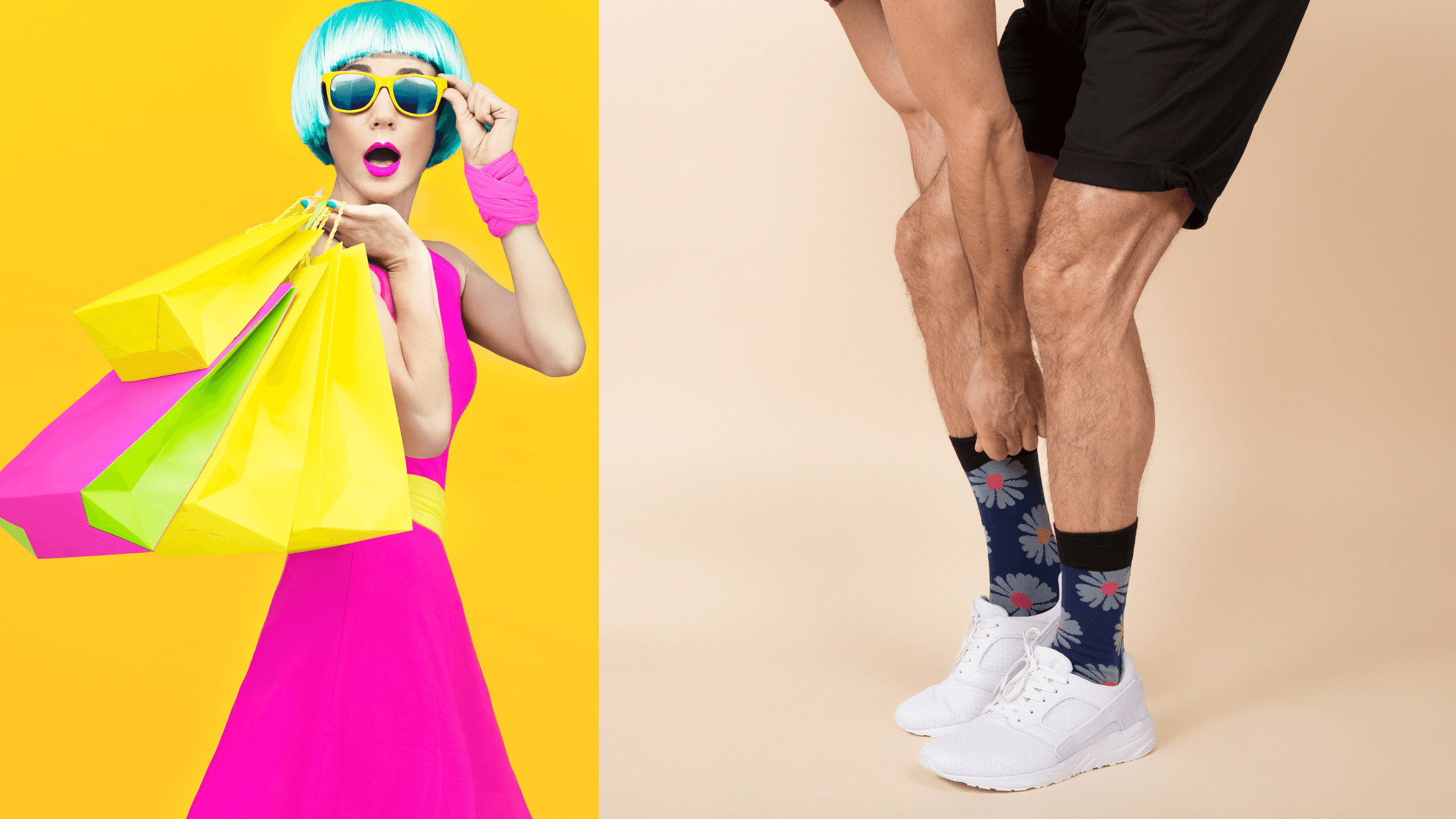
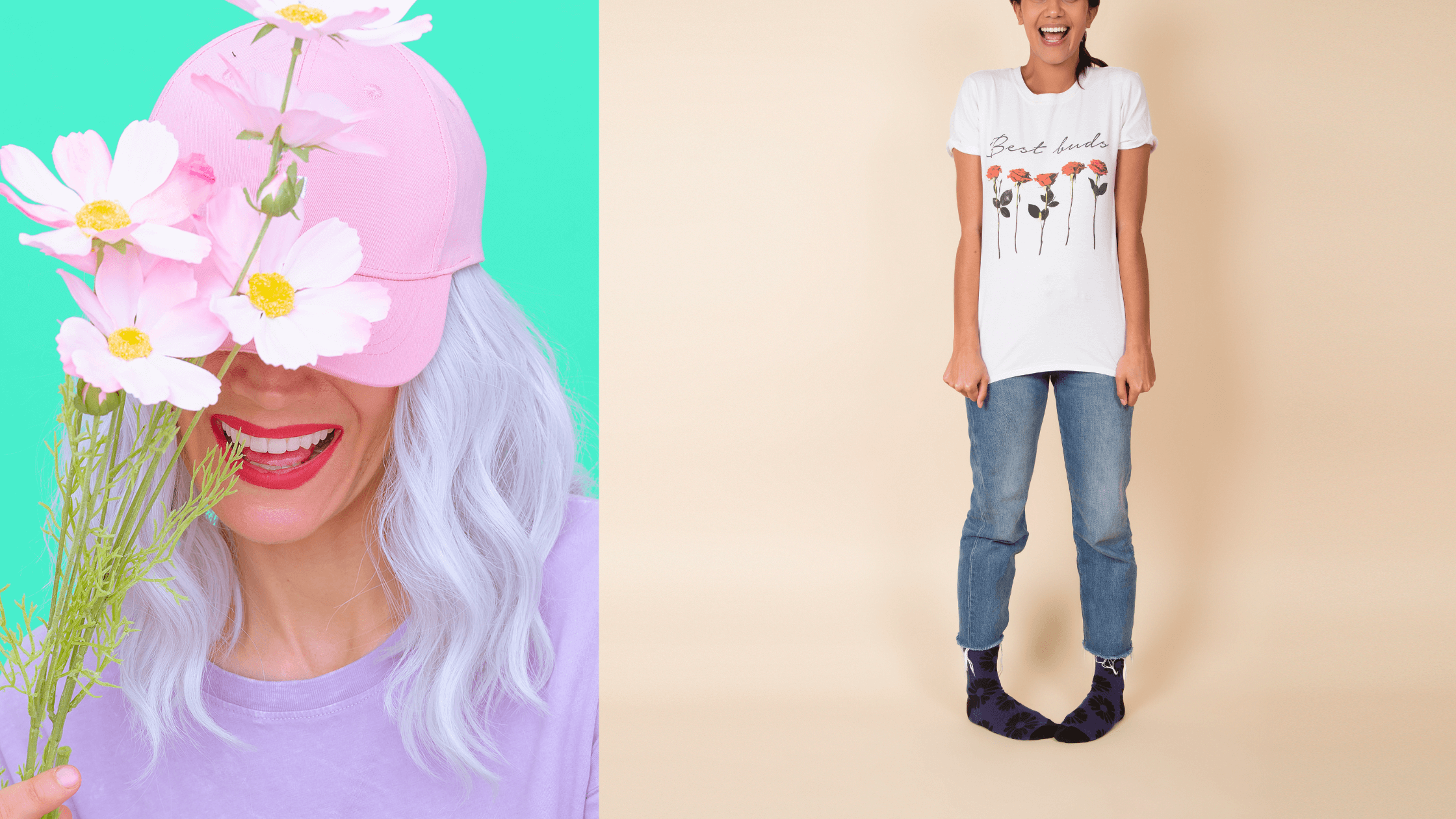







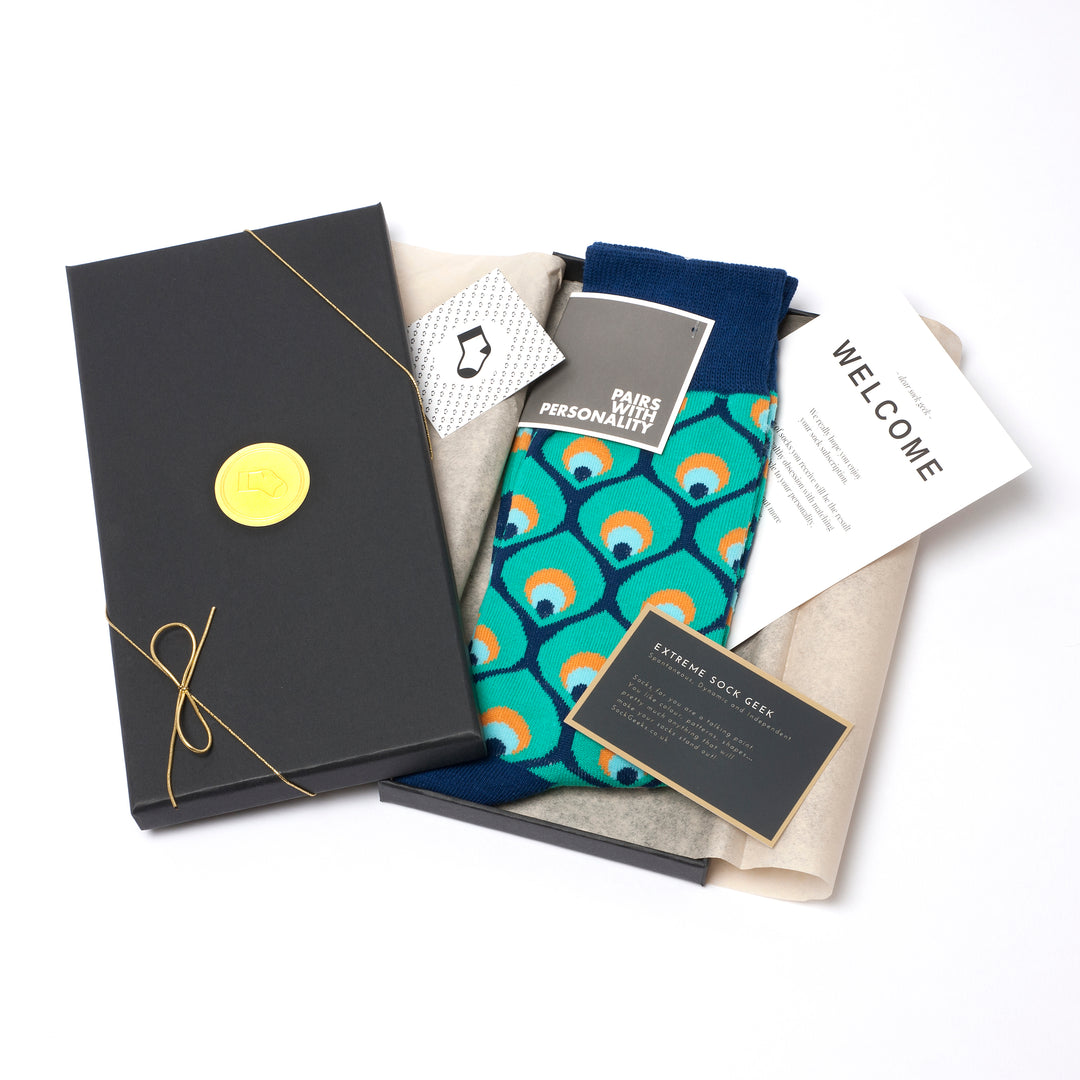
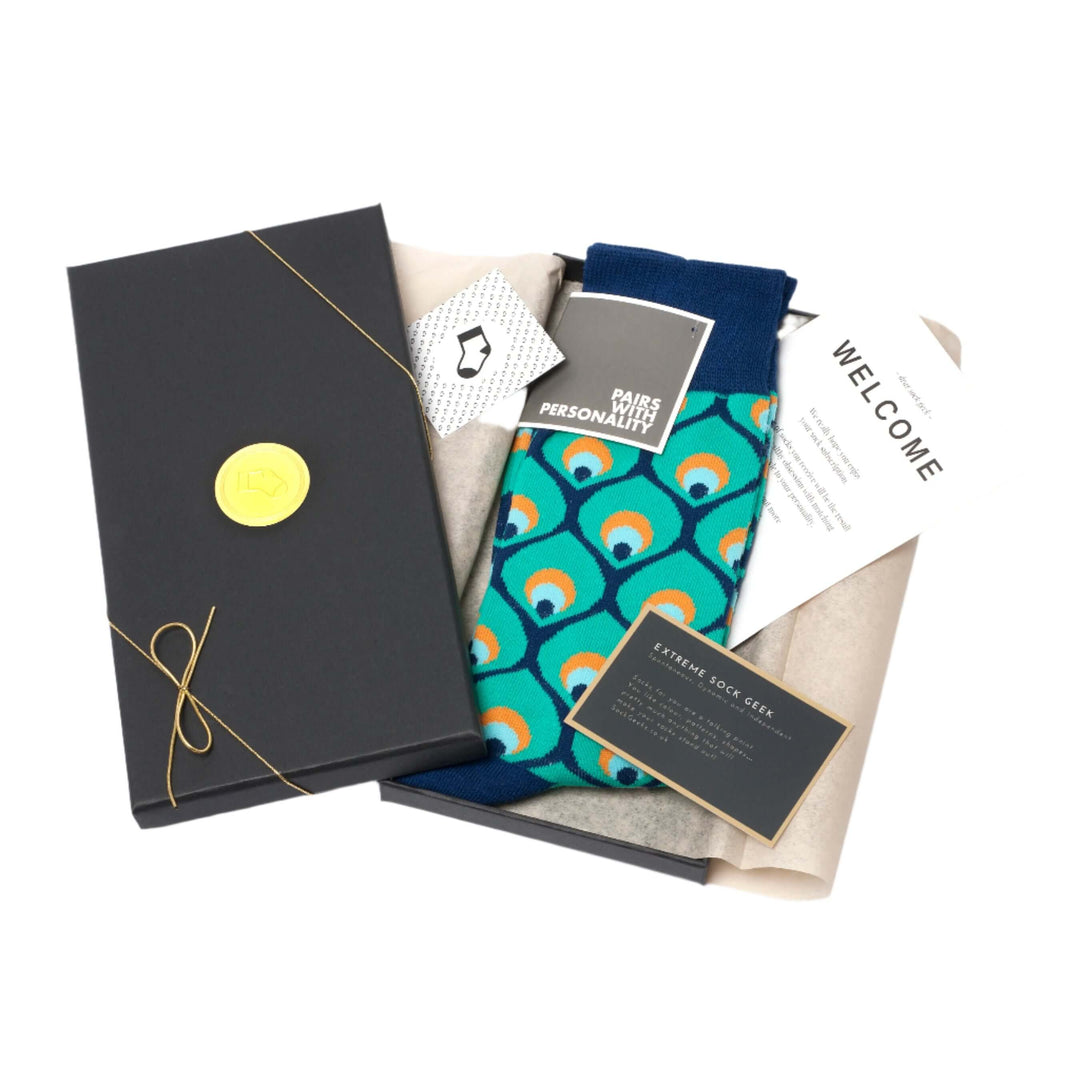
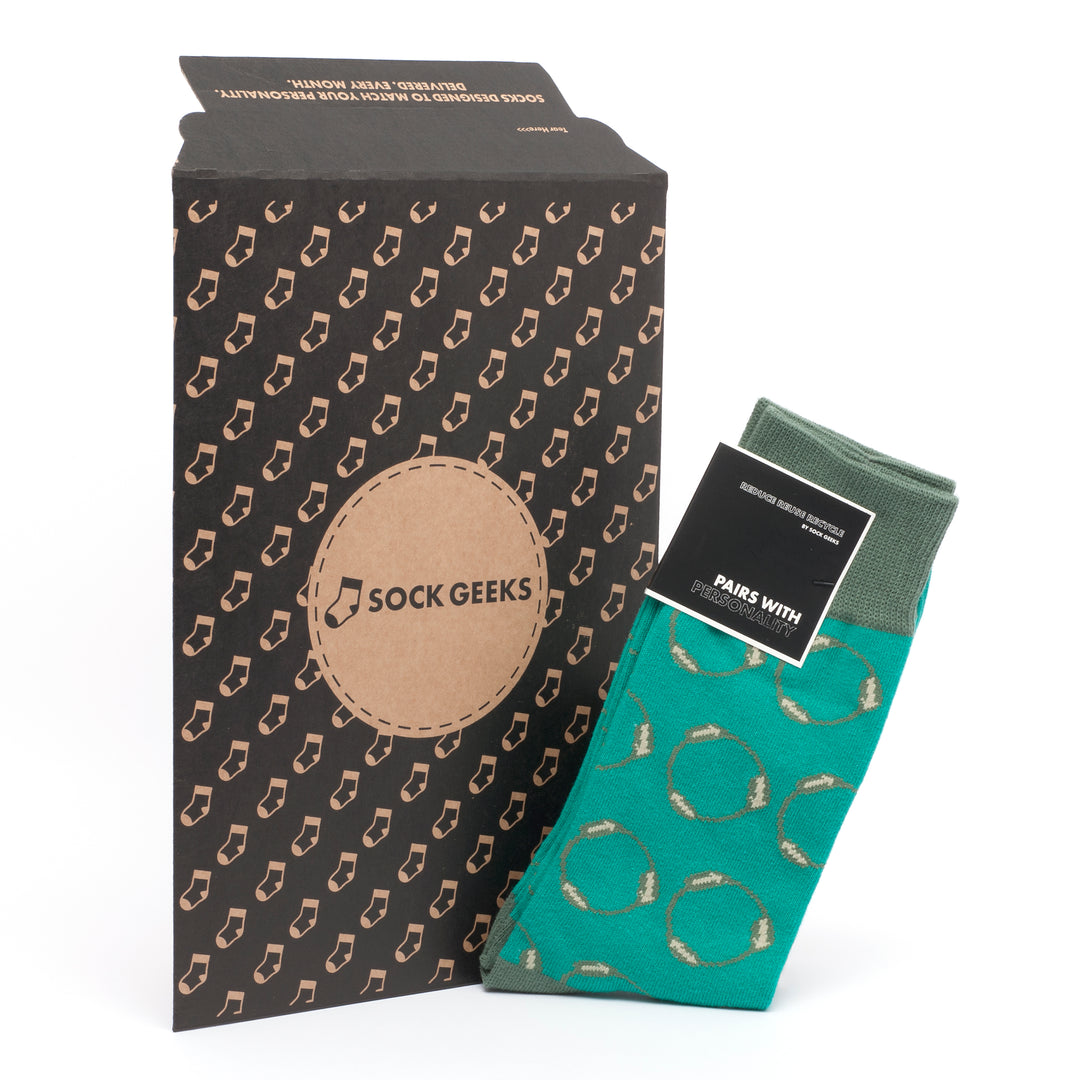
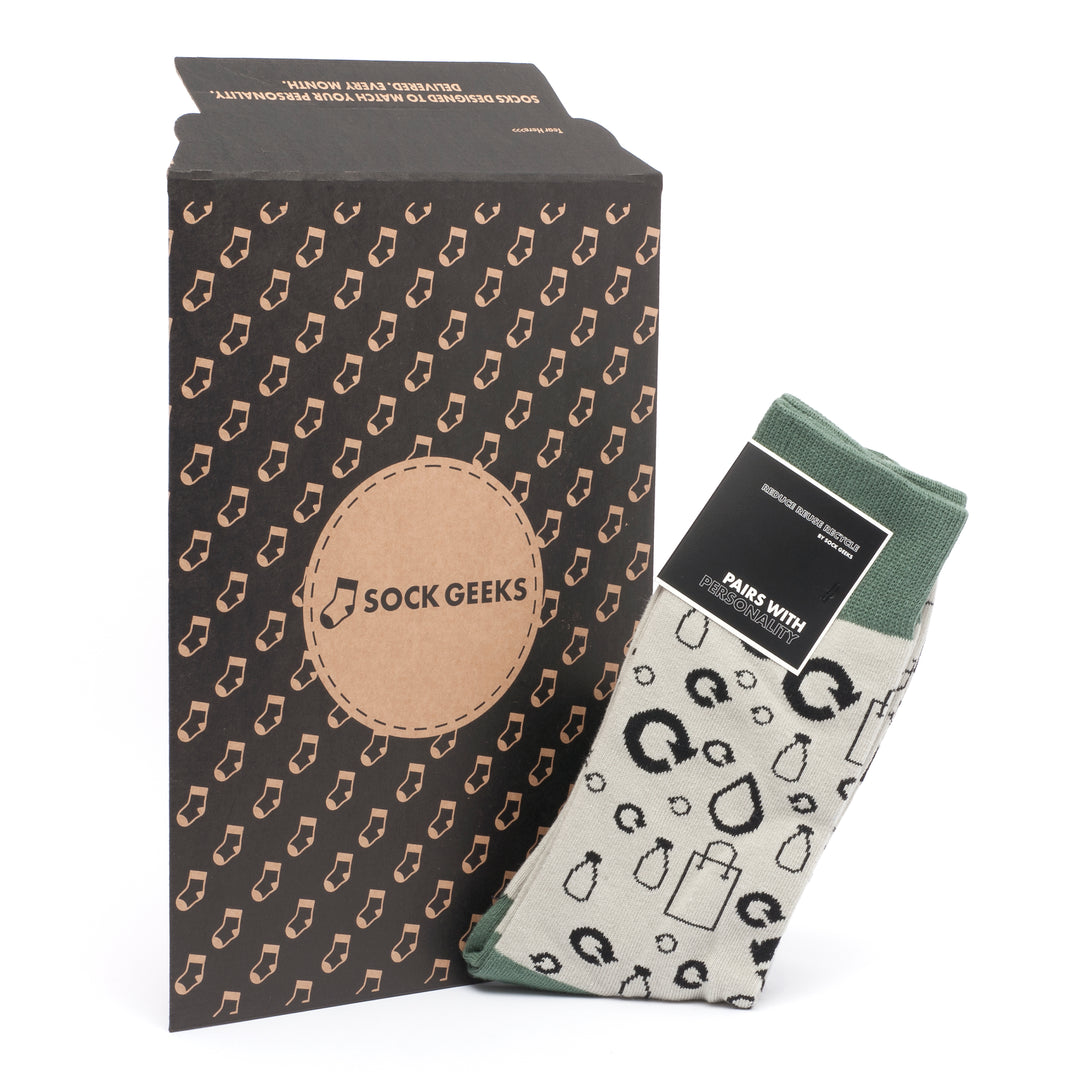



Leave a comment